0 comments
By 2025, for every three tons of fish, there will be a ton of plastic trash. That is if we don't start jumping on board the anti-plastic revolution. But first, let’s go back in history and have a brief look at how plastics were invented.
By 2025, for every three tons of fish, there will be a ton of plastic trash. That is if we don't start jumping on board the anti-plastic revolution. But first, let’s go back in history and have a brief look at how plastics were invented. Plastic is a product of discoveries and innovation. The first attempt to create plastic from oil began in the 1920s. In 1973, the use of plastic was first introduced to the food industry by an American engineer named Nathaniel Wyeth (Du Pont) for food packaging. The discovery was a result of trying to find an alternative to ginger bottles. That plastic bottle is still used for packaging drinks you see on supermarket shelves today. Plastic came into it's prime when Giulio Natta invented polypropylene in 1954. Polypropylene was later known as Moplen and is used in the production of almost everything from homeware, toys, car parts and many other commercial goods. The modern-day plastic goods that offer us convenience has also led to the accumulation and generation of piles of plastic trash. Although it is not entirely negative when used properly, the growing demand for plastic has created a serious threat to many animal species and to the ecosystem as a whole. Plastics are even referred to as modern environment killers and is a major contributor to the death of marine life. Everywhere you look, plastic is present– from landfills to oceans, to households, the improper use of plastics, especially single-use plastics, has caused much damage to our environment. Therefore, there is no better time to be apart of the anti-plastic revolution. Getting rid of plastics as a whole is not the solution. While we can get rid of unnecessary forms of plastics, the real challenge lies in how we source, design, manage and reuse current plastic products with the cooperation of everyone around us. So how can the anti-plastic revolution be achieved?
- When choosing products in plastic packaging, go for the natural or uncolored look. This means the manufacturers are using recycled content in their packaging which in turn helps in extending the life of our natural resources. It also makes the quality of the packaging more appropriate for further recycling.
- The production of plastics is one of the contributors to global warming due to its use of fossil fuels. To reduce fossil fuel use, we should choose plastic products that are biobased and have recycled content. The more we encourage everyone to do this, the higher the demand is for recycled content. It will prompt manufacturers to produce and sell more of this kind of recycled packaging.
- Since we cannot live without plastics 100% percent, we should try to lessen our use of plastics. Which plastics should we be avoiding? Try swapping a plastic straw for a foldable one. Keeping a tote bag for shopping handy can also assist you in reducing the amount of plastics bags needed for your weekly shop at woolies. It also saves you from having to purchase a $0.15 recycled plastic bag at the checkout.
- Purchasing refillable products in bulk can also help you reduce your plastic consumption. You can then use an existing plastic product bottle for ease of use in and around your home. Or even better still, refill the product into glass bottles that you can reuse over and over again.
At EUCA, we take part in the anti-plastic revolution by encouraging our customers to buy in bulk and use natural refill bottles. We explore ways on how we can reduce the use of plastics from our product line. By buying in BULK, you will get the chance to buy a decanter bottle that will go with your bulk purchase so you can re-use the bottle all the time. Soon we will be introducing eco boxes to our powder product ranges so stay tuned. The anti-plastic revolution is necessary to reduce our impact on the environment. With continuous awareness, we as a society can use plastics thoughtfully and learn to use them responsibly.



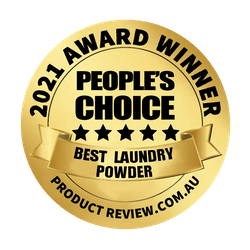
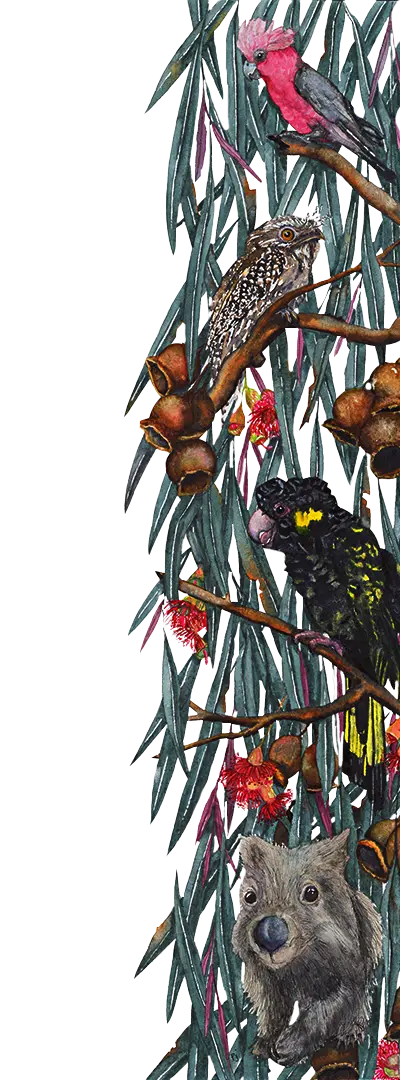









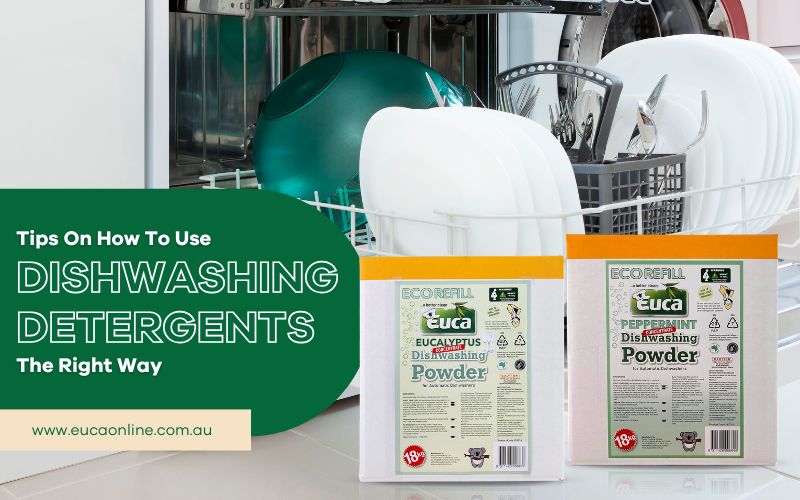
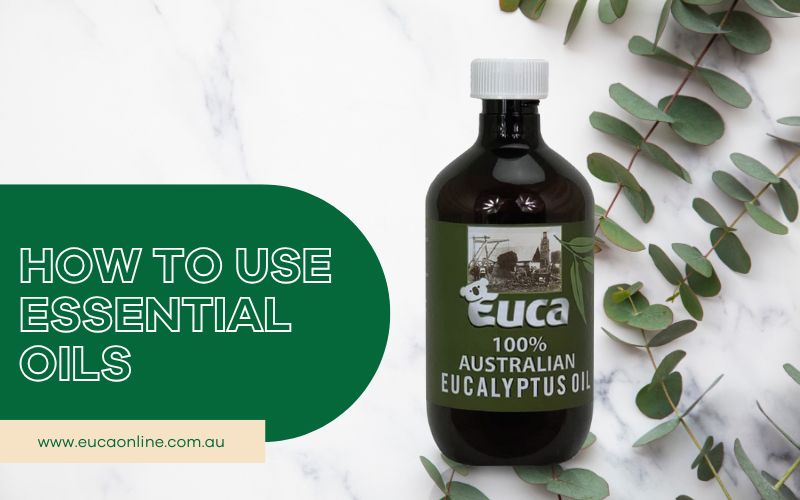

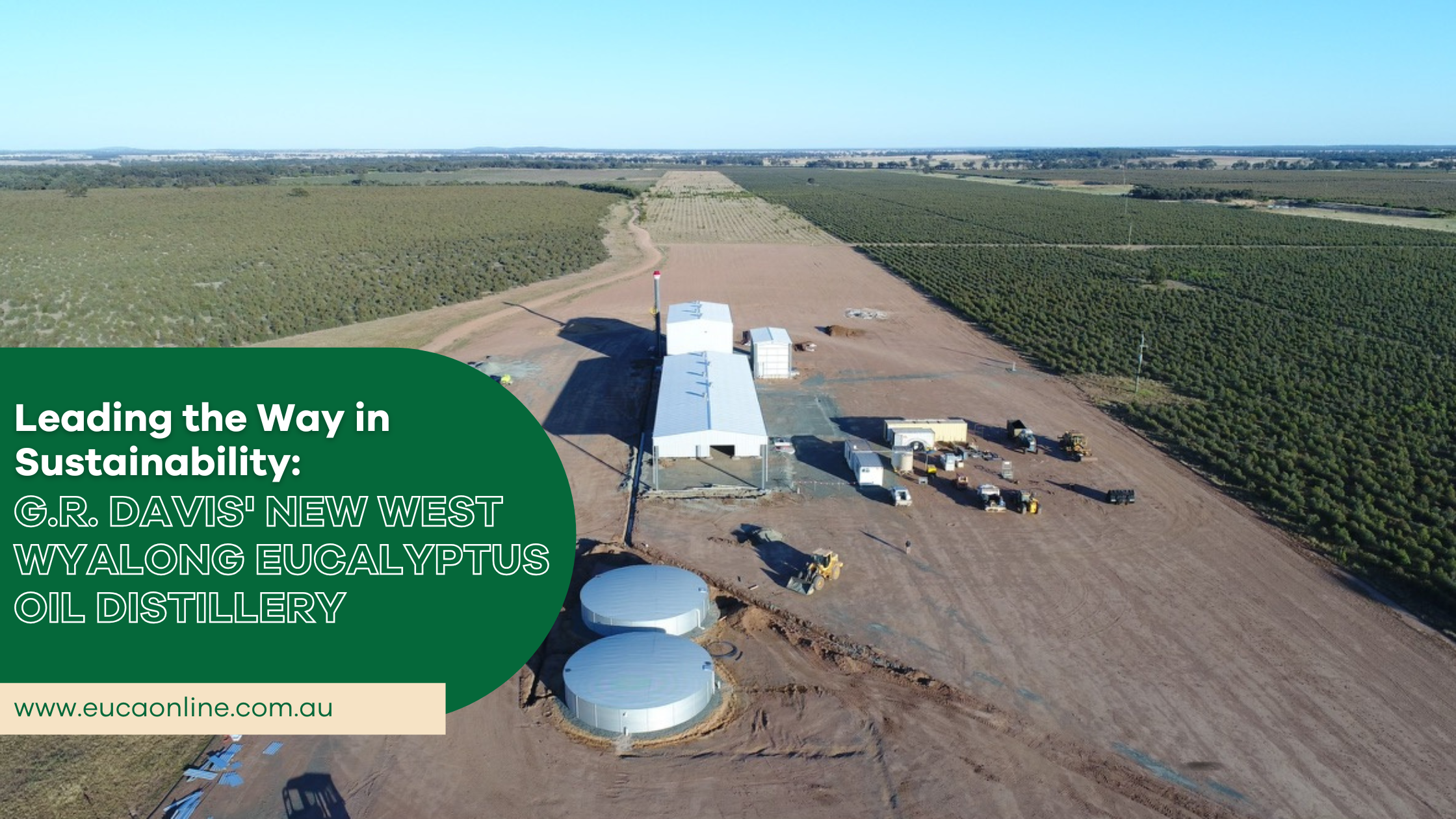
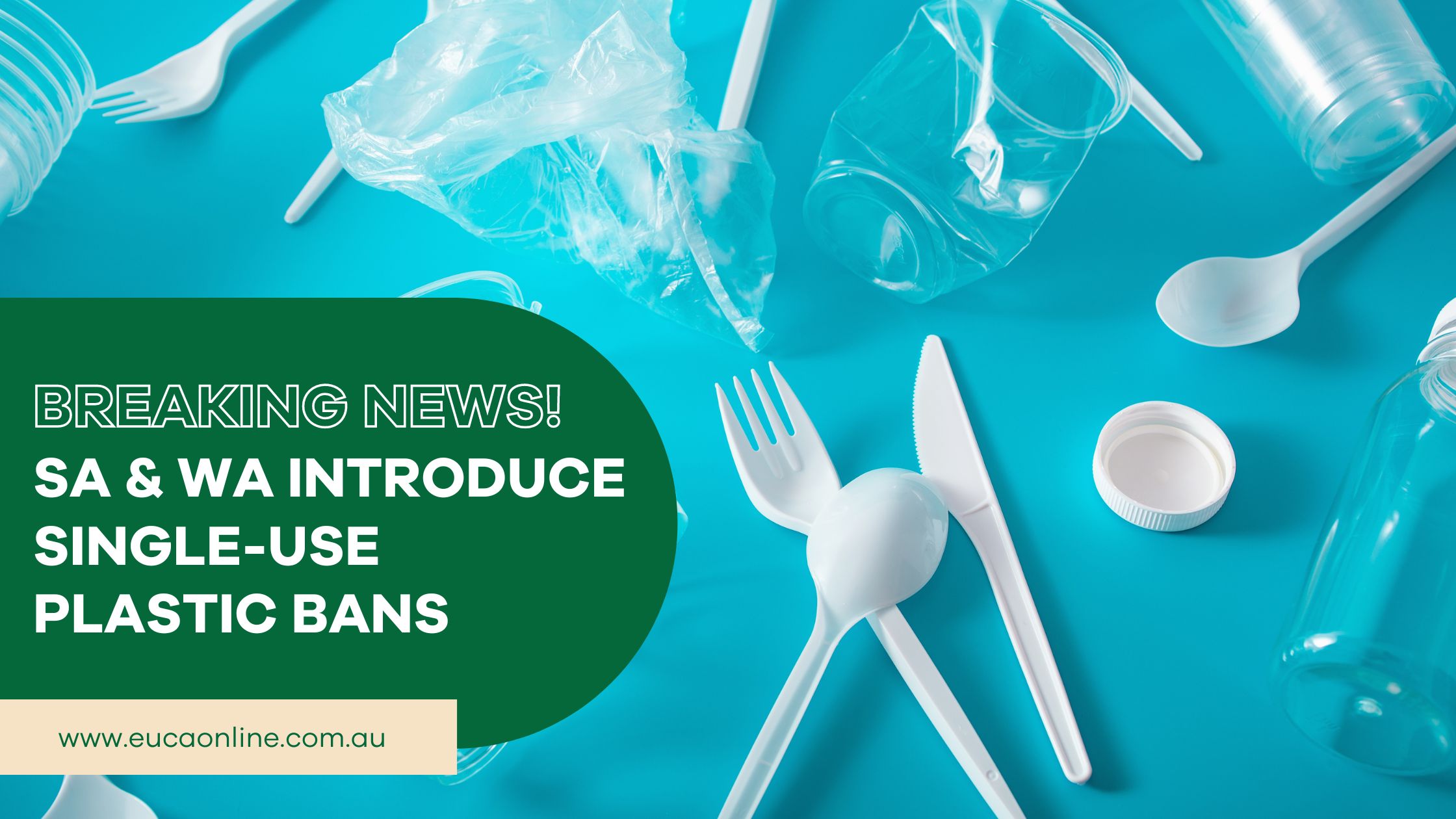
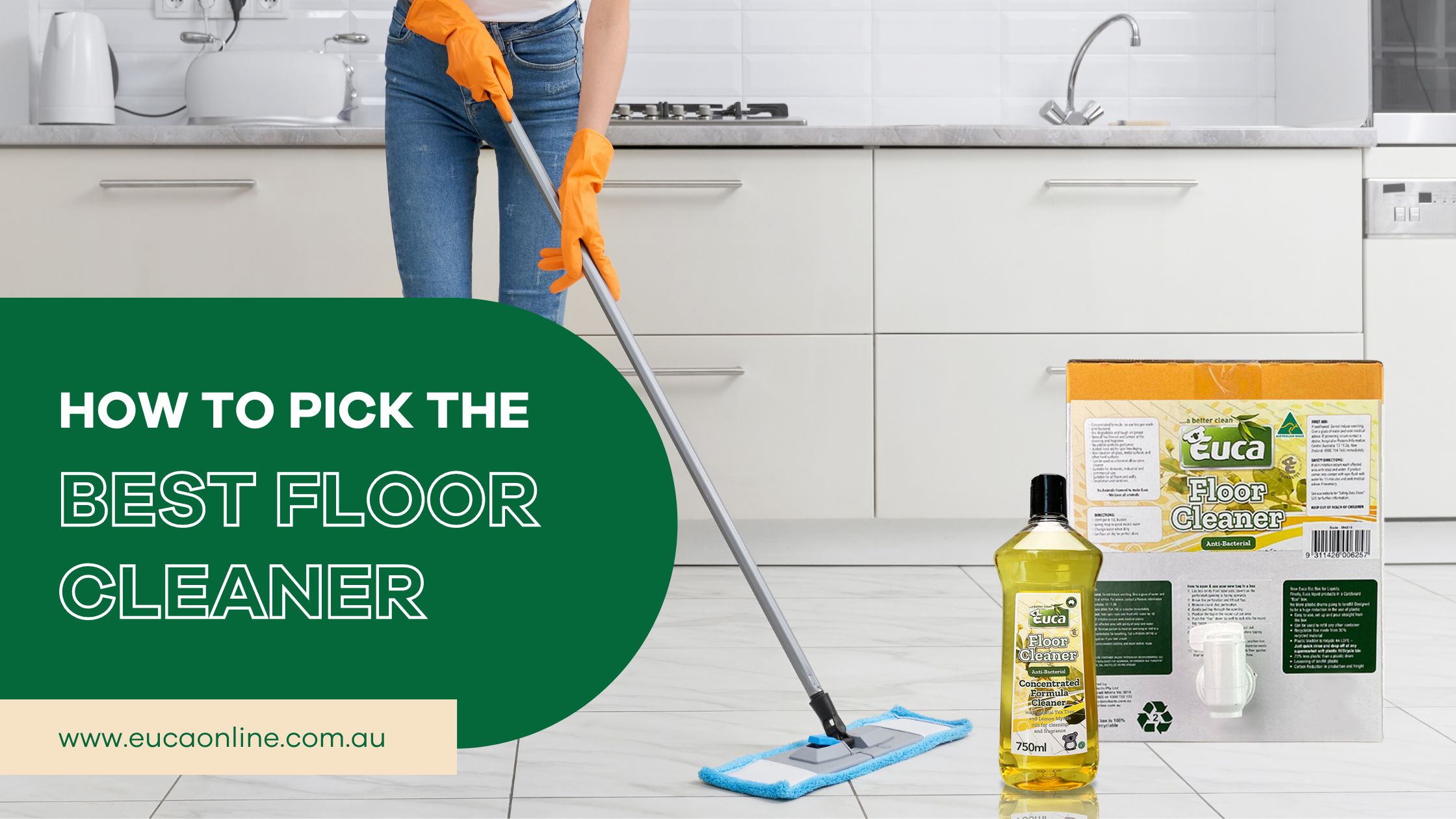














Write a comment